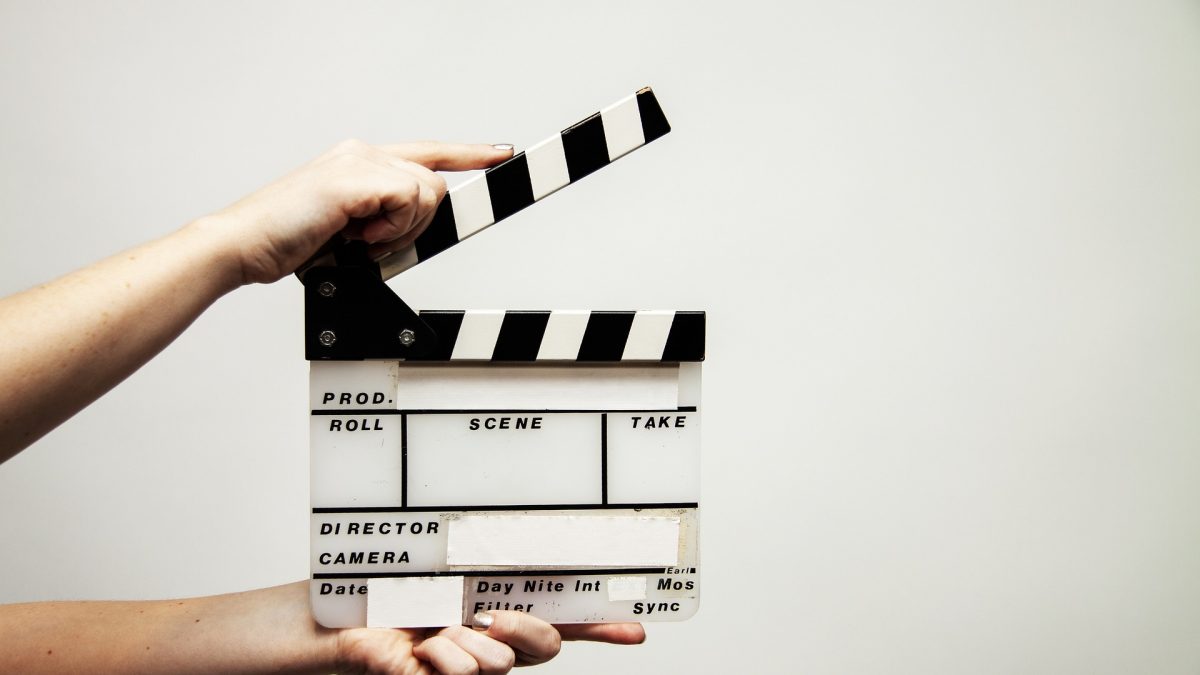Filmmaking is a complex art form that requires a combination of technical skill and creative vision. Whether you’re interested in pursuing a career in the film industry or simply exploring it as a hobby, there are certain fundamentals that you should focus on mastering first. In this article, we’ll explore what you should learn first about filmmaking and provide tips on how to get started.
Storytelling
At the heart of every great film is a compelling story. Whether it’s a drama, comedy, or action film, the story is what keeps audiences engaged and invested in the characters and their journey. As a filmmaker, it’s essential to master the art of storytelling, as it’s the foundation upon which all other aspects of filmmaking are built.
To begin learning about storytelling, it’s helpful to study the basics of plot structure. There are many different approaches to structuring a story, but most follow a basic three-act structure: the setup, the confrontation, and the resolution. Within each act, there are specific plot points and events that move the story forward and build towards the climax.
In addition to plot structure, it’s important to understand the elements of character development and theme. Characters should be relatable and complex, with their own goals, flaws, and motivations. Themes should be explored throughout the story and provide deeper meaning and resonance beyond just the surface-level plot.
Cinematography
Cinematography is the art of capturing visual images on film or digital media. It’s a critical aspect of filmmaking, as the visuals are often what draw audiences into a film and keep them engaged. From camera angles to framing to lighting, there are many elements to consider when learning about cinematography.
To begin learning about cinematography, it’s helpful to study the basics of camera angles and framing. Different angles can convey different emotions and perspectives, such as a low-angle shot to make a character appear powerful or a high-angle shot to make them appear vulnerable. Framing refers to the way in which elements are arranged within the frame of the shot, and can also convey mood and emotion.
Lighting is another critical element of cinematography, as it can dramatically affect the mood and atmosphere of a scene. Different lighting setups can create different effects, such as a soft, diffused light for a romantic scene or a harsh, contrasty light for an action scene.
Sound Design
Sound is an often-overlooked aspect of filmmaking, but it’s just as important as the visuals. Sound design refers to the creation and manipulation of sound elements within a film, including dialogue, music, sound effects, and ambient noise.
To begin learning about sound design, it’s helpful to study the basics of audio recording and editing. Understanding how to capture high-quality audio on set and how to edit it in post-production can make a big difference in the final result. It’s also important to understand the role of music in a film and how it can be used to enhance the emotion and mood of a scene.
Sound effects are another critical element of sound design, as they can provide important context and atmosphere to a scene. Ambient noise, such as background chatter or traffic sounds, can also add depth and realism to a scene.
Editing
Editing is the process of selecting and arranging footage to create a cohesive and compelling story. It’s an essential aspect of filmmaking, as it’s the final step in shaping the story and bringing all of the other elements together.
To begin learning about editing, it’s helpful to study the basics of continuity, pacing, and rhythm. Continuity refers to the consistent flow of action and movement from shot to shot, while pacing refers to the speed at which the story unfolds. Rhythm refers to the overall pace and tone of the film, which can be influenced by the editing choices.
Directing
The director is responsible for overseeing all aspects of the filmmaking process, from pre-production to post-production. Learn about the various roles and responsibilities of a director, including working with actors, managing the crew, and bringing the vision of the film to life.
By mastering these fundamental aspects of filmmaking, you’ll have a strong foundation to build upon as you continue to develop your skills and creativity as a filmmaker.




Stay connected